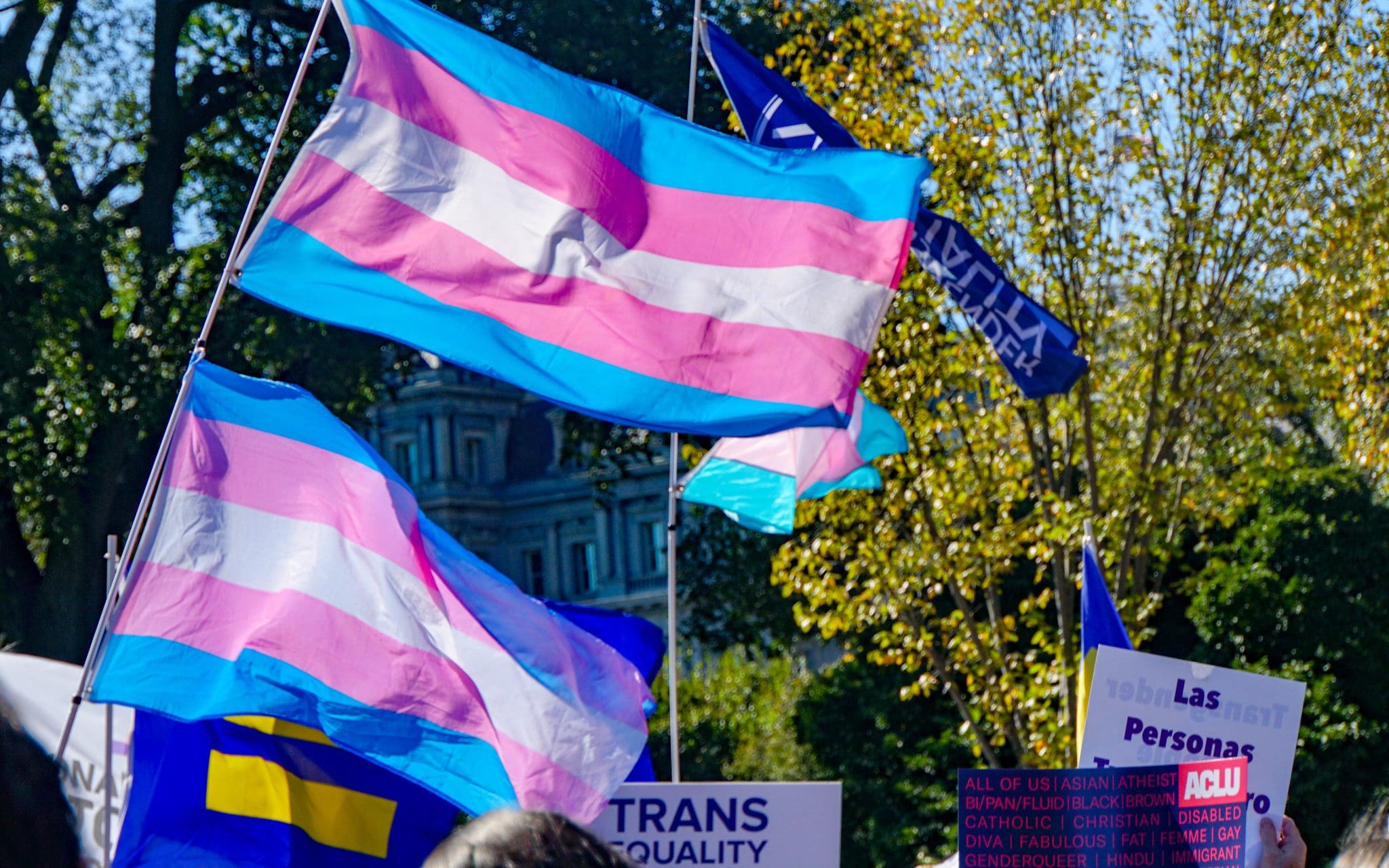Gender transition is the physical, social and emotional process of changing from one’s assigned gender to their actual gender identity. The whole process is difficult in a cis-normative world, with transgender people having to navigate layers of bureaucracy, biases and incomprehensive transition support plans in place. The University of Sydney’s Gender Transition Plan is an overall informative document; however, it is an outdated and vague one.
This article does not seek to condemn USyd’s Gender Transition Plan in its entirety. Instead, it aims to highlight the structural issues in the way it approaches the life-changing and intrinsic process of gender transition and the repercussions of this for staff and students.
USyd’s Gender Transition Plan is a ten-page document that covers how to help students during their gender transition, covering the meaning of different gender identities, special consideration procedures, and name/pronoun changes in different University portals. The primary issue with this plan is that it was last updated in 2019, a different pre-COVID world which a lot of us only vaguely remember.
The plan fails to mention the updated acknowledgement of the in-between phase that the campus is currently in with more students returning to campus (requiring a more tangible presence of transgender support networks on campus) and some still studying remotely. LGBTIQ student support liaison officers last received a full day training in 2019 with no actual updated information since, one of the officers told Honi.
Plans like these are of utmost importance but are only a starting point into the radical help that students who are transitioning require, rather than being an absolute reality of the process. Amy Sargeant, National Convenor of Queer Unionists in Tertiary Education (QUTE), said that a lot of Ally training and Bystander training provided by University plans lack standardisation across universities. A lot of Ally Networks are unpaid, creating a vicious cycle of unpaid allies who do the labour and a lack of properly paid allies and trans people who can sign on to these plans.
Further, a lot of Pride Network resources revolve around allyship as the main form of support, which is true in many respects, but is not the summit of trans visibility on campus. “Allies on campus” showcases a list of allies that gender diverse students can talk to from their own faculty, which creates an altruistic image of allyship, undermining a radical space for trans students on campus. “Universities love to show that they are friendly towards trans people with a lot of such narratives,” said Sargeant, adding that support is calculated by the University from a financial perspective.
When asked about why gender affirmation leave for staff leads to improved student learning conditions, Sargeant said “we have a situation where 90% trans staff leave their jobs because the representation is severely lacking.” She added that the cost of transition surgeries are so high that a lot of staff and students are unable to continue with the current working conditions, leaving them in utter distress. NTEU branches across various universities are demanding a 30-day Gender Transition leave per annum with some universities offering 10 or 15 days, which Sargeant called an offer better than nothing. USyd won a one-off 30-day gender affirmation in 2021, but the union is still fighting for six weeks annual leave. Having trans staff means that students get consistent and supportive education where they know that their “lived experiences” matter.
QUTE organised binder drives last year and a bursary for name change that relieved a lot of pressure of bureaucratic difficulties for students. Sargeant says they intend to continue their efforts this year as well. Similar sentiments are echoed by USyd’s Queer Officer Yasmin Andrews, who is looking forward to continuing a binder and tucking gaffs drive in Semester 2. Andrews also talked about Queer Action Collective’s action last year where they pointed out the University’s outdated ICT systems which fail to standardise preferred names by students across various portals. Deadnaming becomes a norm of the system without acknowledging the mental and social impact it has on people.
In support networks listed by the Pride Network, USU society Queers of Colour remains absent. In conversation with a QOCO member, they noted that the society was “the safest [they] have ever felt as a trans person of colour.” Support for transgender students at university tends to be focused on a white, English-speaking identity without updated multilingual resources, QTBIPOC support networks, and race-specific training for Liaison officers.
Stringent support for gender affirmation and transition processes is an immediate issue, more timely than ever with USyd staff striking on 9 March for annualised gender affirmation leave and increased respect for trans staff.
Despite the current support provided for gender diverse students on campus, the paradigm of the future gender affirmation plan in USyd is due for long conversations, consultations and collaborations with queer activist networks.
Honi has reached out to Pride Network for a statement.





